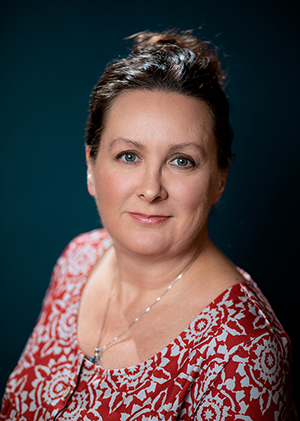anxiety
does not have to rule your life
Anxiety disorders are among the most common mental health issues, affecting over 40 million adults in the U.S. (19.1%). These disorders go beyond normal worry or fear and can significantly interfere with daily life.
If you find yourself struggling with persistent worry, overwhelming fear, or physical symptoms like a racing heart and constant restlessness, you may be experiencing an anxiety disorder. These feelings can interfere with daily activities, relationships, and overall well-being. Seeking counseling for anxiety can be a transformative step towards regaining control and improving your quality of life.
As a compassionate and experienced counselor, I specialize in helping individuals navigate the complexities of anxiety disorders. Utilizing evidence-based therapies such as Cognitive-Behavioral Therapy (CBT), Acceptance and Commitment Therapy (ACT), mindfulness techniques, Accelerated Resolution Therapy (ART), and tailored coping strategies, I offer a safe and supportive environment to explore your feelings and develop effective ways to manage anxiety.
Types of anxiety disorders I typically work with:
Generalized Anxiety
While experiencing a certain amount of anxiety is a universal experience and part of the human condition. But, when the worry becomes persistent, excessive, and uncontrollable, it can make it difficult for you to get through your day. Anxiety disorders are extremely common and highly treatable. Generalized anxiety disorder affects 6.8 million adults.
You may feel excessive anxiety or worry most days along with restlessness, feeling on edge or easily fatigued, difficulty concentrating, muscle tension or problems sleeping.
When a person experiences prolonged anxiety, the body releases stress hormones such as adrenaline and cortisol. These hormones are helpful and serve a purpose, such as when you are in a physically dangerous situation, and are responsible for the fight-or-flight response.
However, long-term exposure to these hormones can compromise your immune system. This makes you more susceptible to infections, such as colds, the flu, and other viral and bacterial diseases.
Social Anxiety/Social Phobia
Social anxiety is characterized by having significant anxiety, worry, or fear of being watched and judged by others or being embarrassed, humiliated, or rejected by others in social situations. Social anxiety affects 15 million adults, or 6.8% of the U.S. population.
The anxiety or worry can affect work, school, your other day-to-day activities, and make it hard to make and keep friends. People who experience social anxiety tend to avoid social situations to keep from feeling the discomfort they experience.
This can impact your daily living in performance situation like participating in meetings at work or classes (e.g. asking or answering questions), writing in front of others (e.g. signing a check or filling out a form), or entering a room where everyone is already seated.
Social anxiety can also impact your daily living in interpersonal interactions such as meeting new people or talking to co-workers or friends. It can also keep people from being assertive with others, expressing their opinions to others, or talking on the phone.
Specific Phobias + Agoraphobia
Individuals who struggle with a specific phobia experience an intense and unreasonable fear or anxiety about an object or situation. It is an extreme and overwhelming fear that leads to avoidance or feeling extreme distress.
Phobias affect about 19 million adults, and women are two times more likely than men to have a specific phobia. Some people experience multiple specific phobias simultaneously. Approximately 75% of people with a specific phobia fear more than one object or situation.
Struggling with a phobia can interfere with daily routines, being employed, reduce self-esteem, and place a strain on relationships because people will do whatever they can to avoid the uncomfortable and often-terrifying anxiety and panic this can create. Sometimes phobias develop in childhood, usually during adolescence or early adulthood, but individuals can develop phobias later in adulthood as well. Experiencing a frightening incident (such as being bitten by a dog or being in a car accident) or even seeing the reactions of a parent or other family member who has a phobia can contribute to developing a phobia.
The approaches I use with anxiety disorders:
Accelerated Resolution Therapy (ART)
Cognitive Behavioral Therapy (CBT)
Acceptance and Commitment Therapy (ACT)
Exposure Therapy
Mindfulness
Schedule your free 15-minute introductory meeting
I’m here to help you find the relief and peace you are looking for.
I have helped many people overcome the debilitating effects of their anxiety, sometimes even when they didn’t believe they could be helped at first. If you are suffering from anxiety, let’s talk!
Life is too short to suffer silently.
Contact me now for a complimentary, initial 15-minute conversation to see if I’m the right counselor for you and to get your questions answered.



